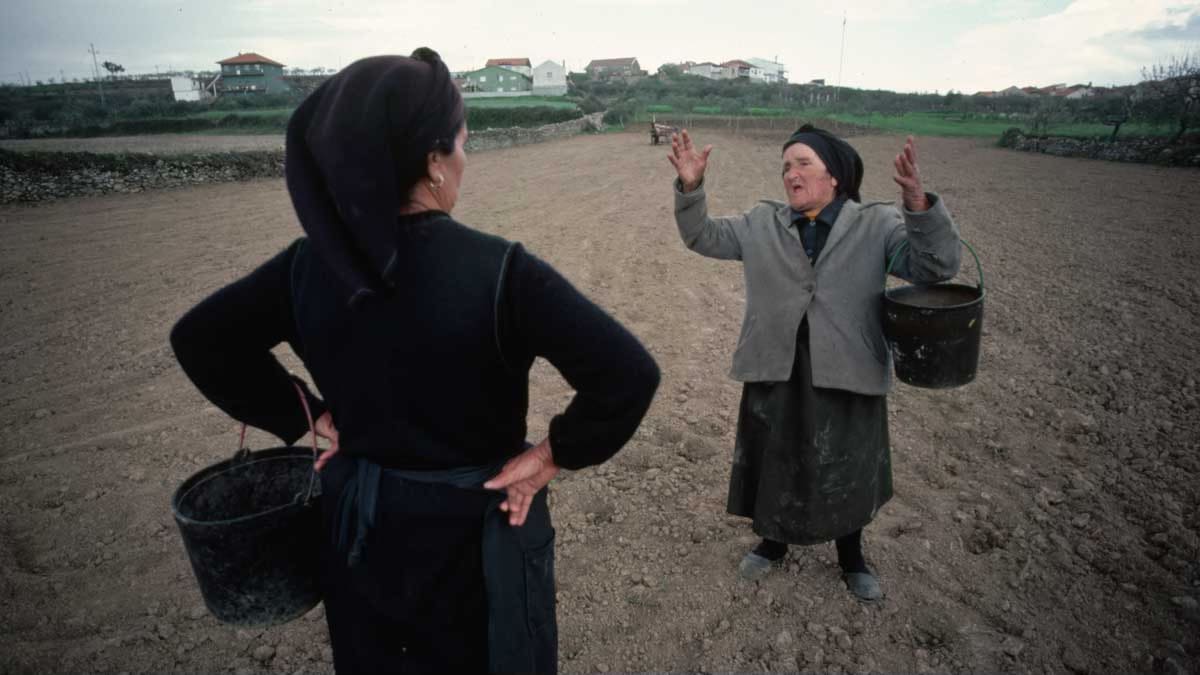Interior Secretary Ryan Zinke criticized for internment camp remarks
Interior Secretary Ryan Zinke is under fire for a flippant response to a question from a Hawaii congresswoman about Japanese-American internment camps.
Democratic Hawaii Rep. Colleen Hanabusa asked Zinke on Thursday about why the Trump administration had cancelled funding for a program to preserve the history of internment camps that held people of Japanese ancestry -- most of them Japanese-Americans -- during World War II. She also discussed how her grandfather, an American citizen of Japanese descent, had been placed in an internment camp.
"Oh, Konnichiwa!" Zinke, a former Montana congressman, responded cheerfully.
Konnichiwa is a Japanese expression that roughly translates to "good afternoon." This prompted Hanabusa to shoot back that it was still morning, which meant "ohayo gozaimasu" would actually be the more appropriate greeting.
Over 100,000 Americans of Japanese descent were placed in internment camps during World War II in an effort to remove them from the West Coast. The Roosevelt administration, fearing a Japanese invasion after the 1941 attack on Pearl Harbor, issued an executive order calling for the relocation of Japanese-Americans to the camps.
The Trump administration 2019 budget calls for the elimination of the Japanese American Confinement Sites Program, which Hanabusa objected to. "I believe that it is essential that we as a nation recognize our darkest moments so that we don't have to repeat them again," Hanabusa said.
Zinke's response precipitated a wave of condemnation on social media. Democratic Hawaii Sen. Mazie Hirono tweeted that the "internment of nearly 120,000 Japanese Americans is no laughing matter" at the secretary, saying his response was "flippant" and "juvenile."
Meanwhile, Illinois Democratic Sen. Tammy Duckworth tweeted that what Zinke said was racist. "Nope," she tweeted. "Racism is not OK."
The camps, which became infamous for their poor conditions, were overseen by the Interior Department. The U.S. government formally apologized for the interning of Japanese-Americans in 1988 after a committee found they had no justification.
Thousands of Japanese-Americans would go on to fight in segregated units operating in the European theatre of the war. One Japanese-American unit, the 442nd Infantry Regiment, would go on to become arguably the most decorated fighting formation in U.S. history.





